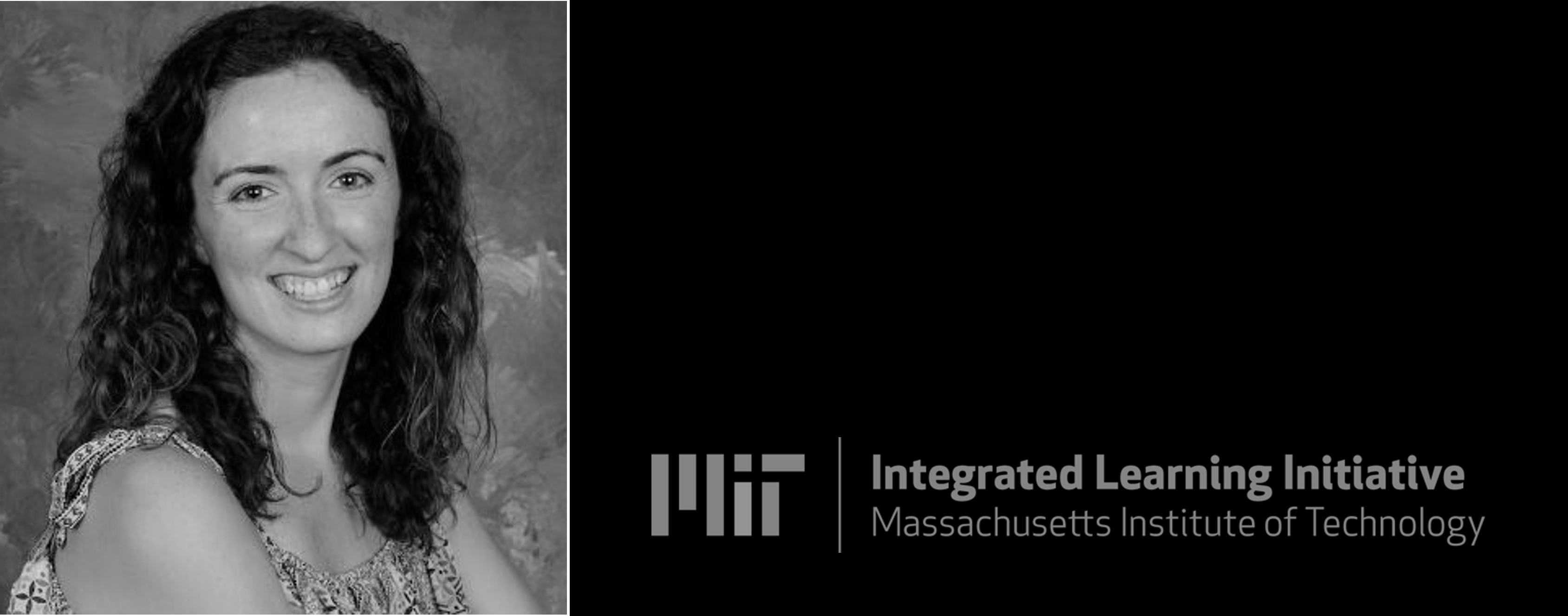
Allie is currently an Educational Technologist at MIT Open Learning and has been interested in the field for over 10 years. During her freshman year of college she started working as a Canvas Technology Assistant at Boston College, which led to her work on technical projects at the Campus School at Boston College. All of these experiences prepared her for her work at MIT today. Her team specifically creates Massive Open Online Courses (MOOCs) which allows her to help expand access to education to learners around the world.
Allie recently completed her Masters in Higher Education Administration and continues to thrive on learning about the policy and administrative sides of higher ed, in addition to her day-to-day work as an Educational Technologist and MOOC creation.
First, what exactly is an Educational Technologist and what is your role in MOOC creation at MIT?
In a nutshell, Educational Technologists find ways to improve the learner and educational experience through the use of technology and support faculty in creating courses. As an ET on the MITx Team, I troubleshoot and investigate all things technical that happen on the platform! When I first started on this team, I collaborated with colleagues on implementing a MOOC Development process which is a three-prong process; course setup, course spot check, and course archiving. This Course Development process is one of the reasons why I love my job because I get to see all courses from start to finish and understand the full process of how to get a course up and running on one of our platforms. As an educational technologist, I am also responsible for troubleshooting issues and problem solving. Throughout these past six years, I have also worked on special technical projects related to new edX features and special requests from faculty members.
What advice would you have for anyone looking to become an educational technologist?
I would recommend that those interested in becoming an educational technologist think about what kind of impact they want to have on education. Educational Technologists are the ones on the back end making sure the courses are up to the faculty and user standards. They should also prepare themselves to be very detail driven and willing to be hands-on in the learning experience. Whether it’s in person or in virtual environments, most of an ET’s day-to-day tasks typically involve solving technical issues and providing technical support to users of the platform.
It sounds like your job is very rewarding. Can you give us an example of a learner experience you’ve experienced that makes the job so fulfilling?
I think one of the things that makes my job so fulfilling is that when I mention edX, most people have heard of it and a lot of people have taken at least one class on the platform. One time when I was at a get-together with some friends, a friend of a friend told me she was taking one of our supply chain courses and loved it! She’s planning to complete her Masters in Supply Chain and she thought that the Micromasters was a great way to prepare her for the next step in her career. She also appreciated how well the course was structured and scaffolded with videos and various assignments. I loved hearing her story and felt proud to be part of the MITx/edX community! I also love hearing learner feedback from social media and from the R&D Team regarding positive experiences learners had with the course content and the faculty.
Our audience, like most, is curious about the use of technology in education. What role do you feel new technologies such as Chat GPT and other open AI tools will have in the classroom and in online learning?
I think tools such as ChatGPT and other AI tools can help to accelerate learning, fill in the knowledge gaps, allow for more personalized learning experiences and transform education. However, in the coming years, it will be essential for professors, teachers, and higher education professionals to be aware of not only the advantages but also the challenges that come with these tools. For example, edX is currently piloting the Xpert AI tool which acts as a customer service bot that will offer learners personal assistance. This tool in particular will quiz learners throughout the course and break down course concepts to confirm the learner’s understanding. Overall, I think AI will have a positive impact on the learner experience. However, if the learner only relies on the AI tools to complete the course, it could impact their overall understanding of course content and full comprehension of the material. Therefore, in the coming years, it will be essential to strike a balance and determine the most appropriate use cases for AI tools on our platform.
What is your favorite thing about working at MIT?
My favorite thing about working at MIT is being surrounded by so many creative and innovative thinkers. I also love working at MIT Open Learning specifically because I respect their mission of providing high quality educational experiences to learners all over the world.
The culture in our office is very fun (and geeky). Only at MIT would a passionate argument between fans of Star Wars vs. Star Trek be a common occurrence!